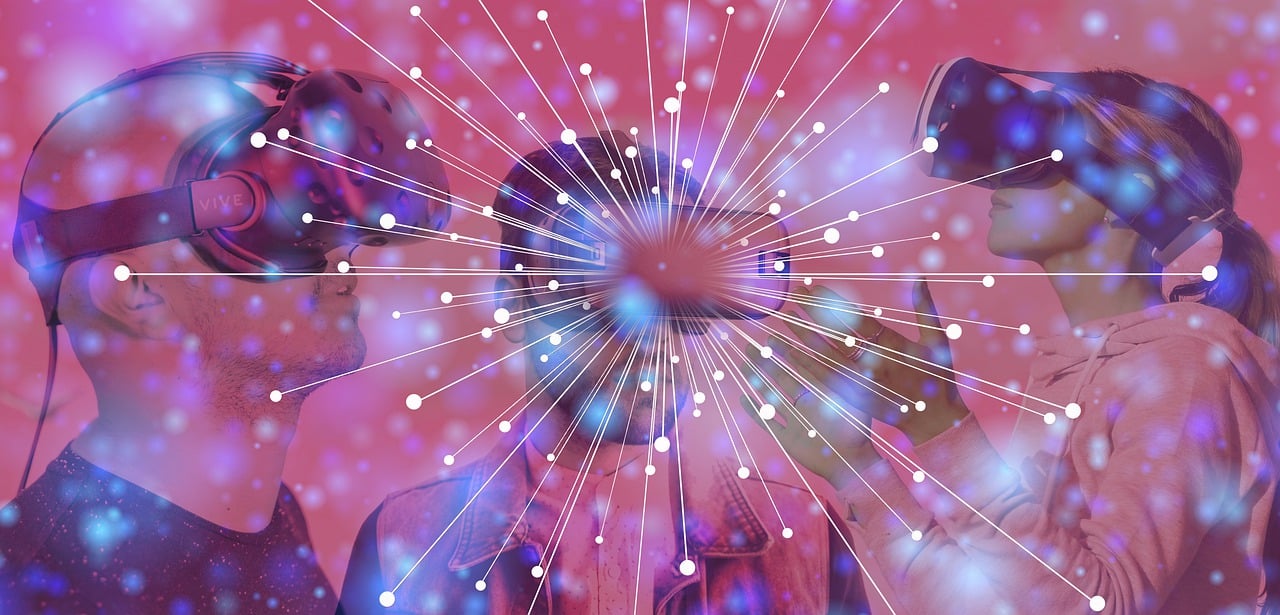
How VR could transform and revive South Africa’s nightlife
Virtual reality is bringing clubs and concerts directly into homes and could play a key role in reviving South Africa’s struggling nightlife.

Gen Z is trading dancefloors for streaming subscriptions, and more live music venues are permanently closing. Does this signal the end of nightlife as we know it, or an opportunity to reinvent it?
In recent years, nightclubs and live venues have struggled to attract crowds back after COVID-19. Rising crime, changing social habits, and economic pressures have kept many potential patrons at home. If this trend continues, South Africa could see a future with far fewer—or no—vibrant nightlife options.
Some venue owners are already shutting down, while others are finding creative ways to survive. One solution is emerging not from a DJ booth, but through a headset: Virtual Reality (VR).
CLOSURES HIT ICONIC VENUES
In Johannesburg, the legendary Marabi Club in Maboneng closed in May, citing rising crime in the area. Once a hotspot that hosted stars like Jay Z and Beyoncé, the venue now stands silent. The owners are considering reopening in a wealthier part of the city but acknowledge it won’t hold the same cultural significance as its original location.
Cape Town faces a similar challenge. Popular live music venues, essential for emerging musicians, are struggling to sell enough tickets to stay open. Post-pandemic caution and Gen Z’s declining interest in traditional nightlife have left promoters and artists scrambling.
VR BRINGS THE CLUB TO YOUR LIVING ROOM
Michael Balkind, founder of Sodaworld, believes Virtual Reality offers a solution. His platform links audiences in physical venues with those participating from virtual environments.
Last year, Sodaworld hosted a South African music festival at Constitution Hill alongside its virtual counterpart online. People worldwide could attend via VR headsets, explore the venue, interact with others, and watch performances in an immersive experience far more engaging than a flat, 2D livestream.
This hybrid model could sustain live music by enabling venues to sell tickets both in-person and virtually, expanding their audience beyond geographic and safety constraints.
A FUTURE-PROOF NIGHTLIFE?
For many, going out will always define the nightlife experience. But for those who cannot or choose not to leave home, VR provides a way to join the crowd without the risks or expenses of a night out. By adopting this technology, South Africa’s live music scene could not only survive but also reach a wider audience than ever before.
